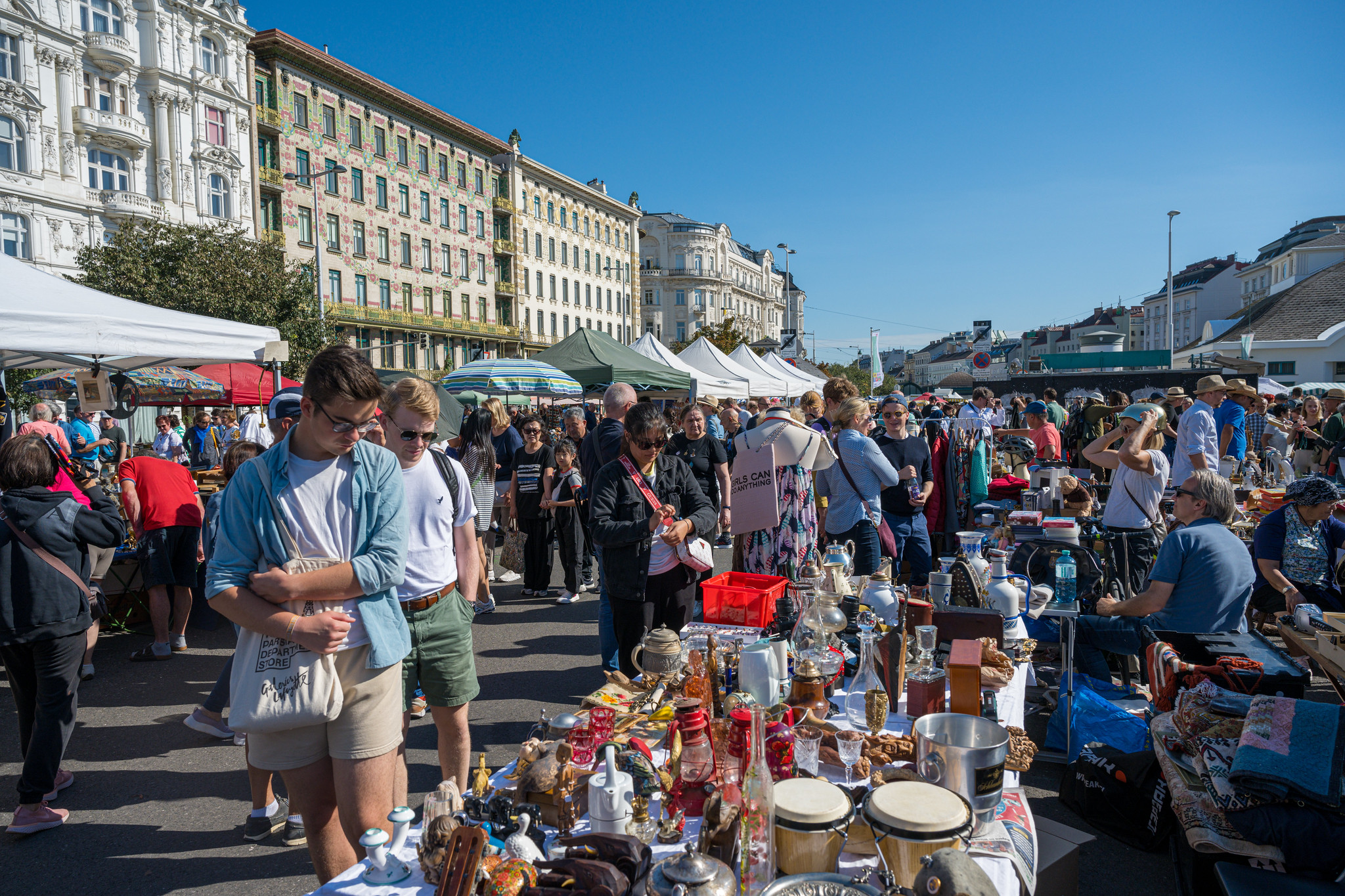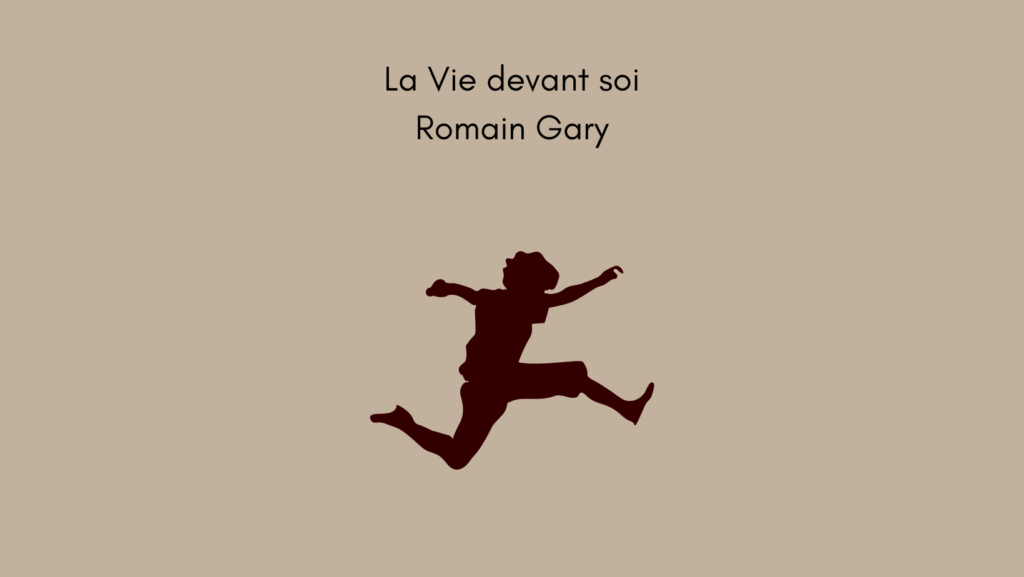

Dubrava is a neighborhood east of the center of Zagreb, commonly considered one of the shadiest areas of the city. I live in Dubrava, and I can assure you that this stereotype is absolutely unjustified. Maybe, it is partly justified. All right, they got a point, but it is at least misleading. Dubrava is a neighborhood of badasses, fireworks and illegal races.
Why am I telling you this? I’m painting a picture, trust me.
Well, I was in a bar in Dubrava, reading the last pages of “The life before us” by Romain Gary, the first novel of the “Ex-Co library”. If you read it, you know how consuming the last pages are – no worries, I won’t spoil it – and I was trying so hard not to cry, God knows. I’m already “The Italian”, I wouldn’t enjoy becoming the “Italian crybaby”.
However painful, I’m happy I read it, and I believe it is the perfect book to start our library with.
Momo, the main character, has his whole life before him, but not much behind: his age is unknown, his origins are unclear, and his parents are, themselves, unnamed.
He can only be sure about one thing: his mother was a prostitute. He knows it because he’s taken care of by Madame Rose, and the whole neighborhood knows that her apartment is a refuge for the sons of those women who were “ladies of the night”.
Madame Rose became herself a lady of the night, after surviving the concentration camps.
She is jewish, even though she carefully erased every proof of it, too marked from the events of the past. She burnt all her papers, and had made new, fake ones. As if she could also delete her identity.
These are the two main characters of the novel, both are without a real identity, without a family.
But is this really the case?
Is identity defined only by our age, our origins or our religion?
This novel seems to respectfully disagree.
Momo and Madame Rose build their identity day by day, through the choices they make and the decisions they take.
The conditions in which Momo lives force him to grow up fast, so much so that at one point, following a bureaucratic misunderstanding, he gains four years at a stroke. He speaks a little Arabic, a little French and a little Hebrew, and chooses which language to go with depending on the situation, and the same does Madame Rose.
You could judge them as insubstantial and undefined people, but you couldn’t be further away from the truth. They are intensively human, they struggle, they fight, fail, ponder and hope.
No one was born carrying a handbook of life, and it is precisely this effort, this continuous journey of choices and consequences, that makes up our identity, forever incomplete and forever under construction.